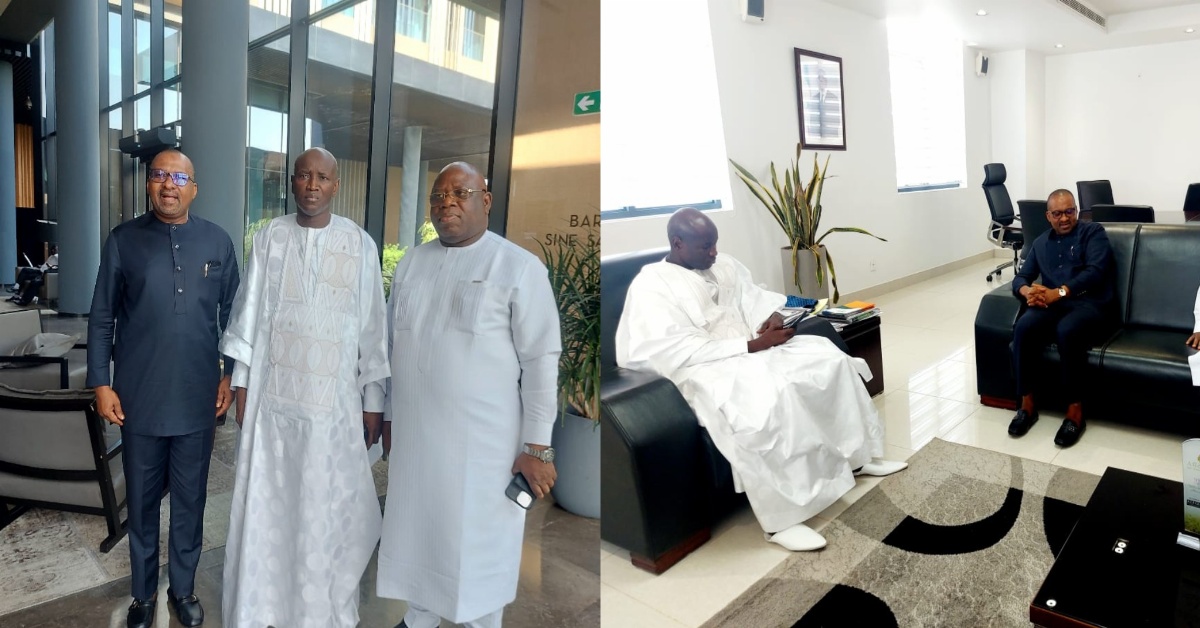The Senegalese Minister of Agriculture and Rural Equipment Ali Ngouille Ndiaye on Friday, December 23rd, 2022 shared his country’s agricultural successes with the Vice President of Sierra Leone, Hon. Dr Mohamed Juldeh Jalloh and the Minister of Agriculture and Food Security, Hon Abubakar Karim.
The Honorable Vice President and the Minister of Agriculture and Food Security are on a working visit to Senegal to engage Senegalese counterparts on food security and agricultural food systems financing. They will also meet with private sector companies and institutions engaged in Agricultural financing.
Speaking to the Senegalese Agriculture Minister, the Hon. Vice President told him that the government of President Julius Maada Bio gives an interest in agriculture and is working towards food sufficiency. He said their visit was to further strengthen the existing cooperation between Senegal and Sierra Leone as they tap into the progress of Senegal in the agricultural sector since 2012.
Significant areas were discussed on how Senegal finances the agricultural sector; how they manage the private sector and the support to smallholder farmers. They also discussed the area of credit to farmers and smallholder commercialization.


Vice President Juldeh Jalloh informed the Senegal Minister that Sierra Leone is working to restructure the Institute of Agricultural Research for which they would seek collaboration with the Senegalese Institute of Agricultural Research (ISRA).
Sierra Leone’s Minister of Agriculture, Hon. Abubakar Karim was also keen on how the two countries would collaborate on the management of livestock.
He said Sierra Leone has the potential in that direction and with the favourable ecologies to grow any food. He mentioned the various supports to farmers and the innovative ways of the e-voucher system and the interactive systems.
The Senegalese economy is mainly based on the agricultural sector, which employs more than 60% of the active population. They have implemented important programmes to improve, strengthen and modernise the agricultural production base through the policies defined in the Emerging Senegalese Plan (PSE), in its PRACAS component (Programme d’accélération de la cadence de l’Agriculture Sénégalaise), which aims at self-sufficiency in rice, among other objectives.
The success stories of recent years are ample proof of the existing capacity of the Senegalese and foreign private operators. They have nearly 4 million hectares (19% of the country’s surface area), unevenly distributed in the eco-geographical zones and agricultural development only covers 65% of this land annually, i.e. about 2.5 million hectares. 98% of this land is cultivated under rainy conditions, leading to agricultural activity that is highly exposed to climatic hazards.




 Post a comment
Post a comment









Comment(s)
Disclaimer: Comments expressed here do not reflect the opinions of Sierraloaded or any employee thereof.
Be the first to comment